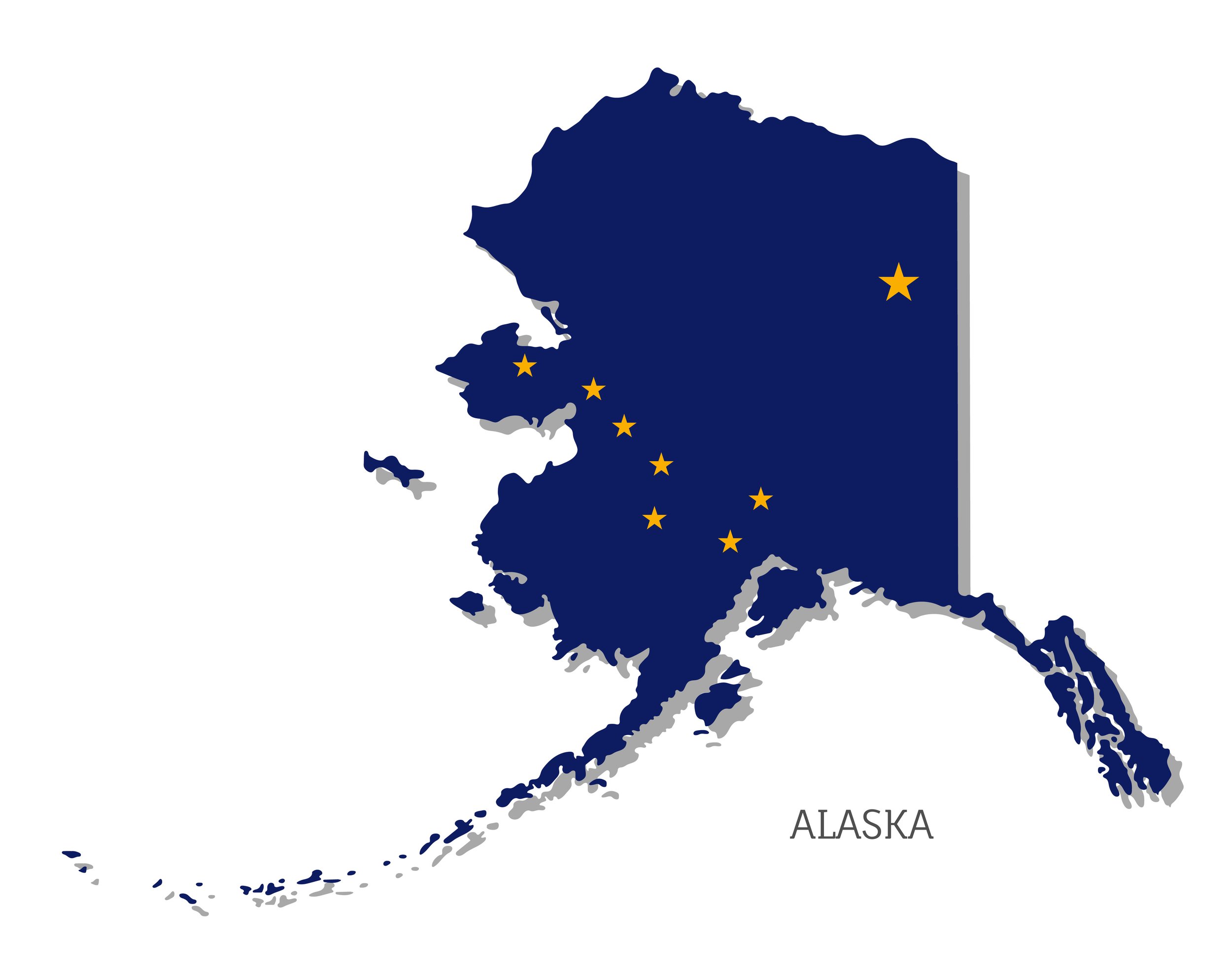
Strengthening Criminal Defense: The Vital Role of Investigators in Justice
Discover how investigators strengthen criminal defense cases—because knowledge is your best defense.

The Hidden Costs of Corporate Fraud: Safeguarding Alaska's Economic Pillars
In Alaska's rugged business landscape, from oil rigs to fishing boats, the threat of corporate fraud looms as large as our mountains, potentially costing companies millions each year. By implementing robust prevention strategies and staying vigilant, Alaskan businesses can protect their assets and maintain the integrity crucial to our state's economic success, ensuring that our industries continue to thrive in the Last Frontier.

The Hidden Threat: Foreign Malign Influence in America’s Critical Mineral Industry
Uncover the alarming reality of foreign powers weaponizing America's critical mineral dependency, a strategic vulnerability that threatens our national security and technological edge. From China's recent export bans to the potential for sabotage through engineered mineral defects, this post exposes the hidden dangers lurking in our supply chains and explores how Alaska's vast mineral wealth could be the key to securing America's future.

Protecting Justice and Integrity: The Critical Role of Giglio Information in Law Enforcement Accountability
In the complex world of criminal justice, the Giglio and Henthorn requirements serve as crucial safeguards, mandating the disclosure of information that could impeach the credibility of law enforcement witnesses and potentially impact both investigations and judicial proceedings. For those facing criminal charges, enlisting the expertise of companies like Denali Defense Solutions, with their team of experienced former FBI agents and law enforcement officers, can make a significant difference in uncovering potential misconduct, challenging questionable evidence, and ultimately ensuring a fair and just legal process.

Unmasking the Silent Killer: How to Spot and Squash Corruption Before It Destroys Your Business
As a former FBI special agent turned business consultant, I'll reveal insider strategies to detect corruption's early warning signs and build a culture that naturally resists unethical practices. Learn how to leverage technology, implement effective policies, and take swift action when needed - because in the world of business integrity, vigilance is your strongest asset.

The Devil's Details: 18 U.S.C. § 666 After Snyder
The Snyder v. United States ruling clarifies that 18 U.S.C. § 666(a)(1)(B) does not criminalize gratuities to state and local officials without a quid pro quo, meaning gratuities given as "thank you" gestures after an official act are permissible under federal law. However, states and localities may still impose their own restrictions, with Alaska, for instance, enforcing a statute against gratuities over $50 as a misdemeanor. The ruling narrows investigative tools for public corruption by excluding gratuities from federal statute 666, impacting agencies like the FBI, though cases involving implied quid pro quo ("wink and a nod") arrangements remain prosecutable as bribery.

Recent Chinese Export Restrictions on Antimony: Implications and Alternatives
China's recent decision to impose export controls on antimony has heightened concerns over the stability of global supply chains, particularly for industries dependent on this critical mineral. With China controlling nearly half of global mining and 80 percent of processing, the new restrictions are poised to impact prices and accessibility worldwide. In response, U.S. efforts to diversify sources and increase domestic production, including projects in Alaska and Idaho, highlight a growing imperative for self-reliance in critical mineral supplies.

The 8(a) Federal Contracting Program: Opportunities and Challenges in Alaska
The 8(a) Business Development Program is a critical tool for helping disadvantaged Alaskan businesses access federal contracts, but it brings risks of fraud, corruption, and foreign influence that could undermine both the businesses involved and Alaska's economic stability. With federal contracts comprising a significant portion of Alaska’s GDP, maintaining the integrity of the 8(a) program is essential for the state's economy and U.S. national security. Rigorous compliance and transparent practices are necessary to ensure that Alaskan businesses can continue to benefit from these federal opportunities without compromising ethical or legal standards.
